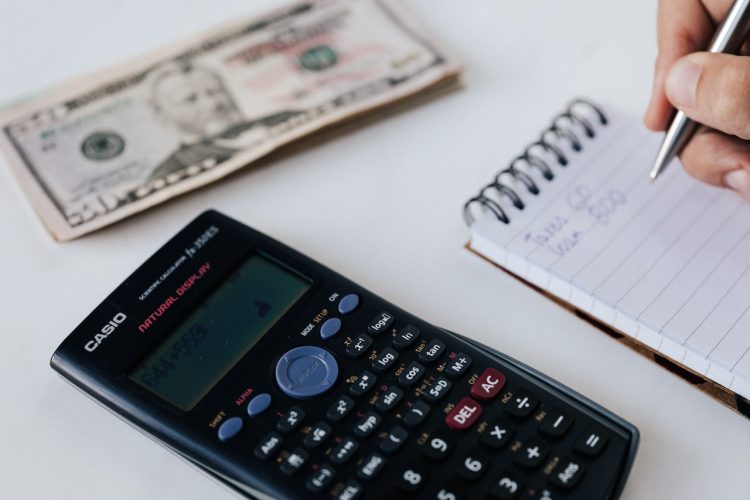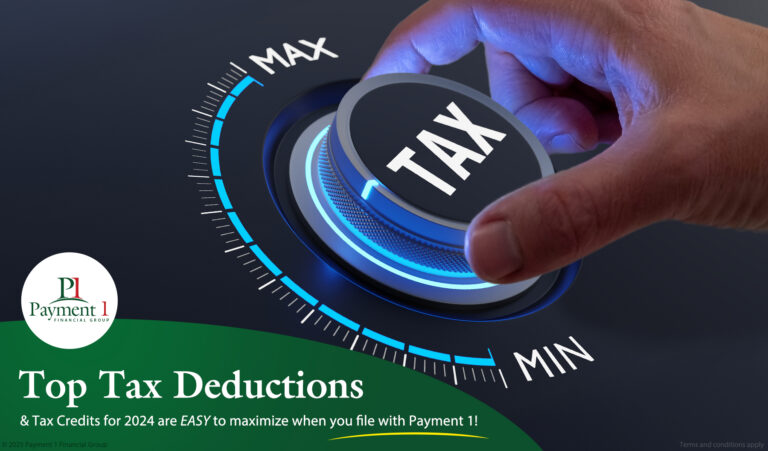How to Prepare for Unexpected Expenses

The global pandemic brought to light that several people in the US struggle to pay for unexpected expenses. For example, the Federal Reserve reported that in November 2020, one in three Americans would be unable to pay an unexpected expense amounting to $400.
Unexpected events, especially the big ones, inevitably affect your finances. Below are some common examples.
Common Unexpected Expenses
Medical emergencies
Check-ups, minor illnesses, and medicines are expenses you can budget for. However, you can’t really set a budget for medical emergencies, such as getting into an accident or your appendix bursting. An emergency room visit can cost anywhere between $150 to $3,000. Getting admitted for surgery or critical care, on the other hand, can cost up to $20,000.
Major car repairs
Regular car maintenance should be part of your budget. However, major car repairs, like those resulting from vehicular accidents, are unexpected expenses. Vehicular repairs can cost a few hundred to thousands depending on which part of the car needs repairing.
Pet emergencies
A pet health emergency can be as expensive as a human ER visit. In case of poisoning, expect to shell out $250 to $6,000 depending on the type of poison. If your pet encounters a birthing problem and needs a c-section, that would cost $1,500 to $3,000.
Major home repairs
Buying a house means taking care of it for as long as you own it. A rule of thumb for saving for home maintenance is setting aside 1% of your house’s purchase price every year. A new roof, for example, can cost up to $11,000. If you need to upgrade your electric panel, you’ll need around $500 to $2,000.
Unexpected travel
Whether it’s an unexpected happy journey like a friend’s engagement or an unfortunate one like a loved one’s funeral, a last-minute trip can be costly, considering that you have to prepare for roundtrip tickets, hotel stays, meals, and rental car.
How to Prepare for Unexpected Expenses
To save yourself from stress — or worse, bankruptcy — you need to take the necessary steps to prepare for unexpected expenses.
Build an emergency fund
Any financial advisor or blog would tell you that building a solid emergency fund is the first step in preparing for unexpected expenses. Put your emergency fund in a separate savings account, which should cover three to six months of everyday living expenses. Building an emergency fund for up to a year of expenses is advisable if you come from a single-income family. If the breadwinner loses their job, having a year’s worth of funds can keep your family financially stable in between jobs.
Get insurance policies
A life insurance policy is vital, especially if you have children. When you pass away, you want to make sure that there’s enough money to pay off debts and sustain your children’s needs.
Other forms of insurance, such as health insurance, are also essential in ensuring that you are covered when the unexpected happens. Many people do away with health insurance coverage thinking they are healthy and still young anyway. However, it would only take one illness or accident to drain all of your savings. In case of an injury resulting in the inability to work for a long time, financial problems can compound.
Review your budget
Go through your budget and review your non-essential expenses. Perhaps there are expenses you can let go of, even temporarily, such as monthly subscriptions to video streaming apps. These small sacrifices will pay off when you find yourself prepared for a financial emergency in the future.
Don’t use up your credit
While using a credit card may not be the soundest way to cover unexpected expenses, it isn’t bad to have enough credit to use when the time comes. So, it’s best to keep your credit utilization low. It allows for unexpected and emergency expenses and helps keep you in good credit standing.
Improve your credit score
In case of financial emergencies requiring you to get a new credit card or take out a personal loan, it would be easier and cheaper if your credit score is high. In addition, keeping a good credit score is a great way to ensure that you are ready for any unexpected expense that may come your way.
Be ready for natural disasters
You have, more or less, an idea of what natural disasters can come upon you — floods, hurricanes, earthquakes, tornadoes. Talk to your insurance provider and get the insurance coverage you need. Aside from that, ensure you have a go-bag containing supplies that can last at least five days. Your emergency kit must include:
- A small amount of cash
- A list of your credit cards and other accounts
- Important contact numbers
Get extra income
Side hustles might be a good idea if you’re already on a tight budget but want to build an emergency fund consistently. Some ways to earn extra money are finding seasonal jobs you can do after work hours, selling old appliances or clothes, picking up a part-time work-from-home job, or sharing your professional knowledge through coaching, mentoring or teaching at a local school.
Final Thoughts
Keeping your financial house in order means ensuring that things will not fall apart after one significant unexpected expense. The tips above are just a few ways to prepare for unexpected expenses and keep your finances afloat no matter what.
Payment 1 offers different kinds of loans you can use during emergencies. From car title loans to personal loans, we have something that can help. Contact us today to know more about your options.




